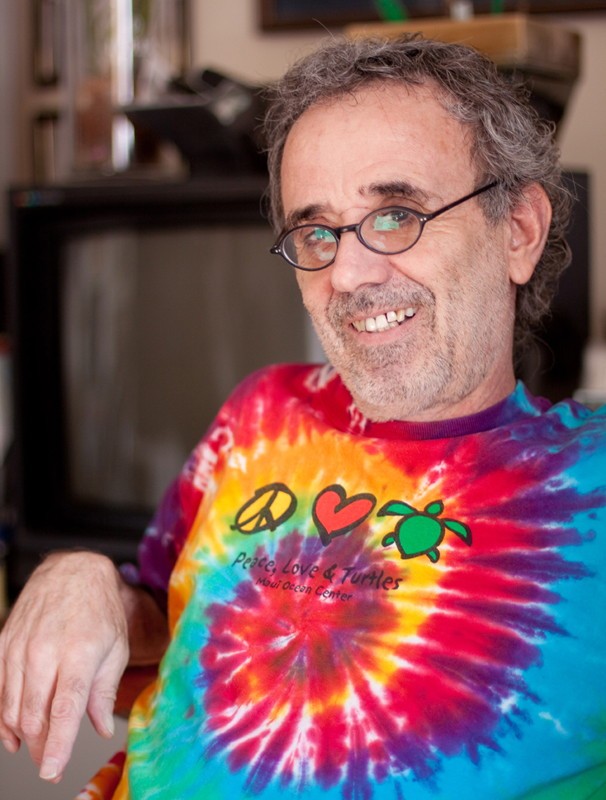Motivationally speaking
Speakers brought in to schools to share their experiences and support the school’s goals
If you’ve been a high school student, you probably know what it’s like to be rounded up like cattle with your fellow classmates and prodded into the gymnasium to hear a speaker talk about how to live your life, or how they lived their life, or both. Selection of school speakers is not arbitrary, though. It’s business, and it’s consciously decided upon.
“Schools typically have goals and bring in speakers that talk about the goals of the school,” said Brent Corrigan, principal of College Sturgeon Heights Collegiate.
For example, speakers with an anti-bullying message at Sturgeon Heights may be appropriate because one of their goals is “trying to keep our students as safe as possible,” according to Corrigan.
Speaker prices range between a few hundred dollars to well over $500. Schools have some tactics to reduce these costs, such as partnerships. For instance, Corrigan mentioned Manitoba Public Insurance (MPI) subsidizing a speech from Mothers Against Drunk Driving (MADD). As well, sometimes schools team up, having a speaker at one school in the morning and another in the afternoon.
Timing is another variable.
“If someone is travelling through here during exam time, that won’t work,” Corrigan said.
Sturgeon Heights is clear about the goals in the selection of motivational speakers, but that clarity does not branch across all schools in the city.
“Schools often invite police officers, firefighter personnel, media personalities, authors, artists and many, many others in to speak to students over the course of the year,” said Linda Wilson, Winnipeg School Division 1 communications officer, by e-mail. “[H]aving a speaker into a school is a school-based decision.”
Faculty at Gordon Bell High School would not field questions about the speakers that they bring into the school, but a student was happy to share her experiences. Mikaela Herbert-Hosie, a Grade 10 student, recalls anti-drug messages as the most prevalent topic at speaker assemblies. But Herbert-Hosie doesn’t think these speakers are necessarily getting their message across.
“For the overall population, no, because there are so many [students] that already do [drugs]; one person talking about it won’t affect them,” said Herbert-Hosie. “But it informs others who are considering it.”
Hart Peikoff, a recovering drug addict, recently began speaking at schools with the message of sobriety. Peikoff has battled with substance abuse since he first tasted alcohol during a Passover service in his home when he was just seven years old.
“They give you a small glass of wine, but I stole three,” Peikoff said. “I felt comfortable around everyone.”
Peikoff spent many years trying every substance shy of heroin to try to kill pain, he said. After cleaning up, he began looking for opportunities to share his story. He recently visited the Gray Academy of Jewish Education, where he spoke to roughly fifty Grade 10 students. Students were asked to write a one-page review of Peikoff’s visit. The positive response was overwhelming.
“I didn’t expect that kind of response and I cried,” Peikoff said. “If a few of them get it, it’s worth it.”
Herbert-Hosie sees the value, too.
“From an educational perspective, you’re losing time in a classroom. Learning math and science, you need [all the time] you can get,” she said. “But racism, bullying – it all needs to be discussed.”
Published in Volume 64, Number 23 of The Uniter (March 18, 2010)








